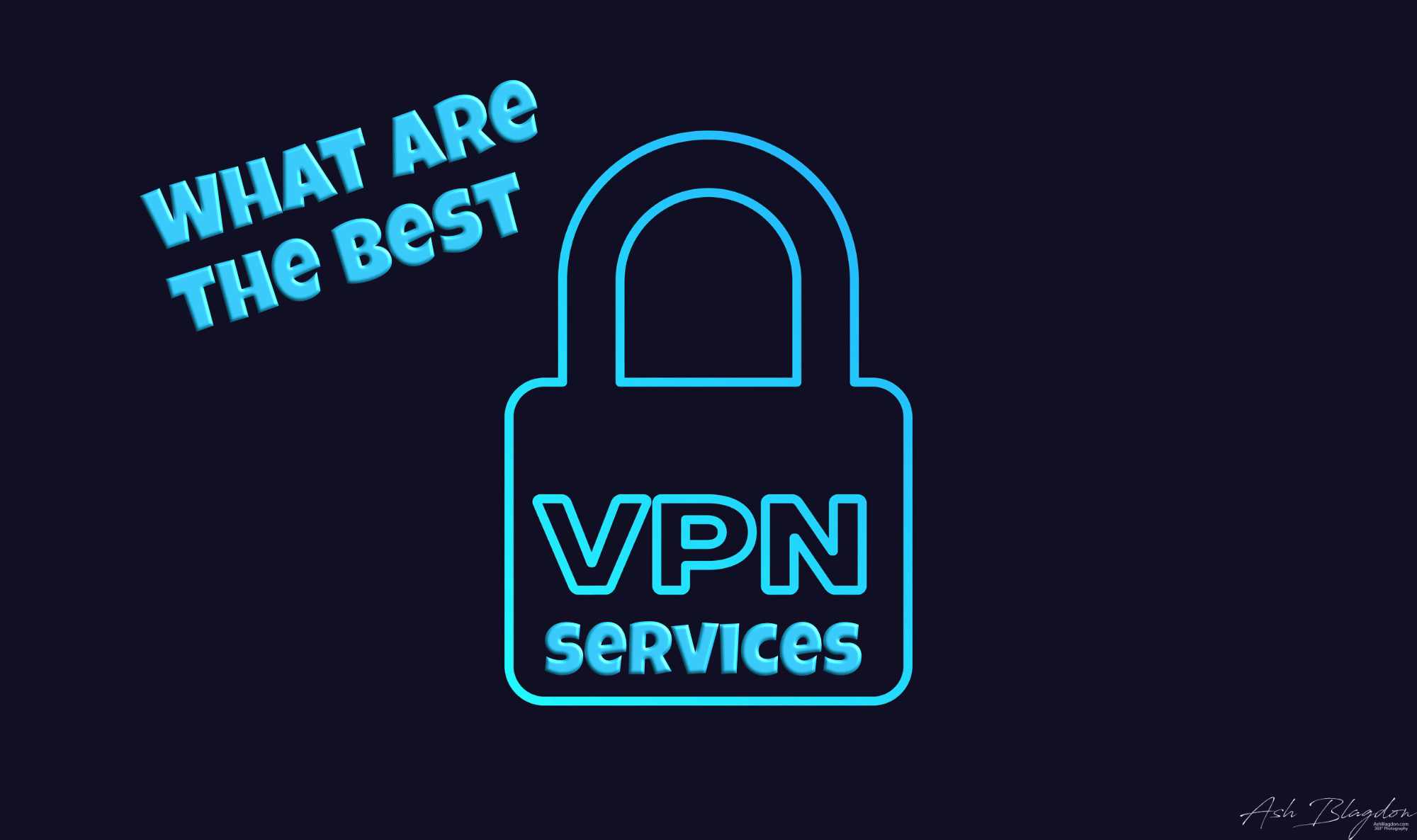What are the best VPN services in 2020? I’m hoping to do some more travelling soon, so I thought while in this lockdown and we all have so much time on our hands, I would do a little research as using a vpn is usually something I don’t think about until i’m already overseas. We all like a freebie, and so it’s no surprise that free VPNs have become very popular over the last few years. Especially when you consider that installing one of the best VPN services gives your Windows PC, Mac, Android or iPhone devices an extra layer of security. Watertight security is all well and good, but it’s the additional functionality that their URL-shifting nature gives – watching sports and TV in other countries, getting around geo-blocked websites, anonymous torrenting – that means there’s little surprise free VPN services have become so sought after.
What Is a VPN?
When you activate your VPN or Virtual Private Network, it creates an encrypted connection between your device and a server operated by the VPN company. Sending your traffic through this connection keeps it hidden from anyone on the same network as you, and from your ISP that is all too willing to sell your anonymized data. A VPN also hides your true IP address, making it harder for advertisers to track you across the web. If you select a distant server, you can even spoof your location to appear that you’re in an entirely different country.
- Tip: When looking for a vpn, look for one with no logging and strong encryption security, if a vpn doesn’t mention these, stay well clear.
Best VPN in 2020
- ExpressVPN is the best VPN right now, but It’s not free. It does come with a 30-day no-quibble money back guarantee.
Best Free VPN
- TouchVPN This is the one that I have personally used for many years now with over 5900 servers in 90+ countries. It’s simple, easy to use, no usage limits and most of the countries and server options are available in the free version.
- Hotspot Shield Free is actually the most widely recommended free VPN at the moment. I really like the fact that – despite the fact it’s a freebie – you still get cover for five devices at the same time from just one account. The data usage limit is more generous than many other packages, with 500MB daily data allowance. In the free version, you’re limited to locations that Hotspot Shield chooses for you and put up with ads. However, getting started is a little bit of a pain with Hotspot as they require you to go through a seven-day trial of the premium version first. That’s all very well and good, but that involves giving them your credit card details in case you decide to carry on with the full version once the trial is completed. Of course you can then go for the free version once the premium trial has expired.
- TunnelBear is very user friendly and a serious free VPN, especially after its acquisition by security giant, McAfee. There are free and paid-for subscriptions to choose from. The only restriction with the free plan is that you are limited to 500MB of traffic each month. This isn’t a huge amount, so you won’t be able to use TunnelBear all of the time without paying, but it’s great for those times when you feel like you need a little extra protection and want to go down the VPN free route.
Best Cheap VPN
- PureVPN is reliable and the cheapest VPN. A zero-log policy, strong AES-256 encryption, IP/DNS leak protection, and split-tunneling for a water-tight secure torrenting. Its 1-year subscription costs $1.99/mo with a 31-days money-back guarantee. With a grid of 2,000+ servers that reaches into more than 140+ countries. Also, PureVPN allows its users to unblock Netflix, BBC iPlayer and other on-demand channels efficiently.
- Surfshark is among the low-priced VPNs, which unblocks Netflix. To get the most value, you can opt for their 2-year subscription that costs only $1.99/per month. Importantly they have a no-logs policy.
Don’t use
- Hoxx It may be free, but you get what you pay for. They keep logs, their encryption and VPN protocols are outdated and easily crackable.
Drawbacks of “Free” VPN
Here are some of the most common limitations of free:
- Lack of privacy – They store user logs and sell to third-parties. This translates to an invasion of user privacy which is the first thing a VPN is supposed to protect.
- Bandwidth caps – Free VPN restricts the bandwidth that makes it infeasible to users to perform an activity of more than a few hours. This means you can’t rely on them for streaming and downloading.
- Slower speeds – Since free providers only allocate small resources for a large number of customers, they normally slowdowns the speed of your internet.
- Small server network – Most of these free VPNs can only support limited tasks which makes them ineffective for unblocking websites and also leads to data leakage.
- P2P restrictions – Torrents are usually restricted on free services due to a lack of resources needed to support high-speed p2p activity.
If you found this helpful, please like and follow my social pages









